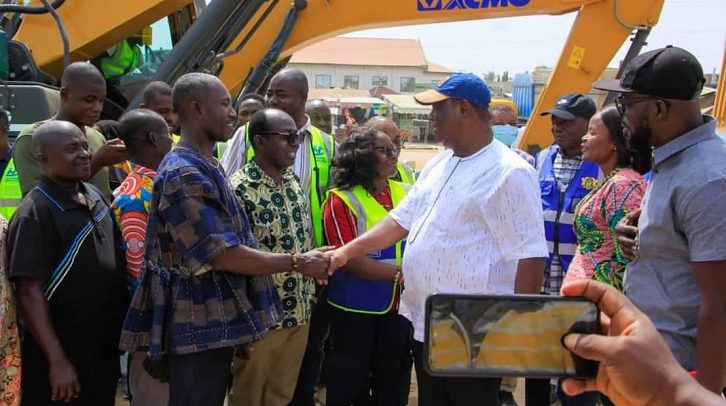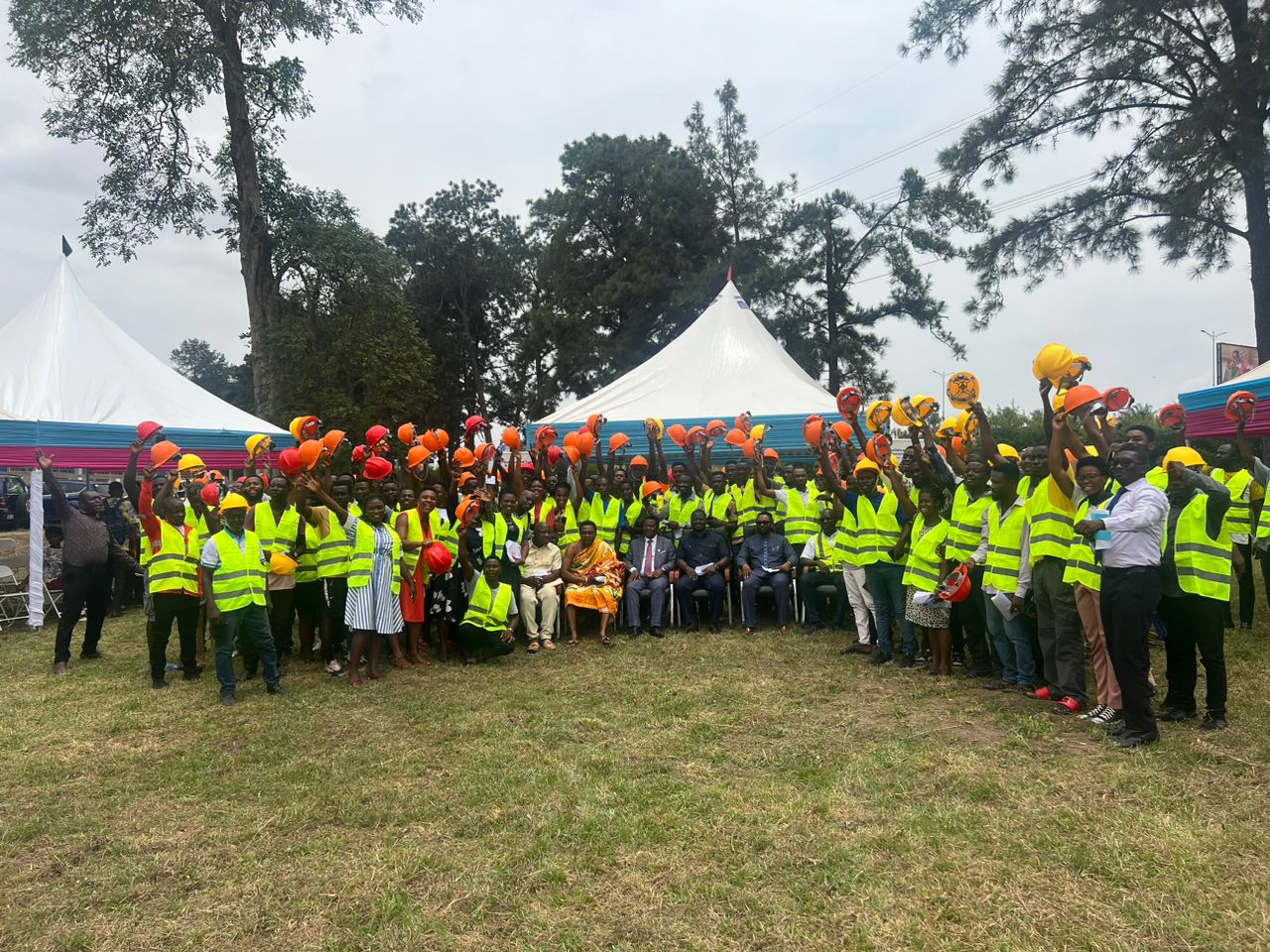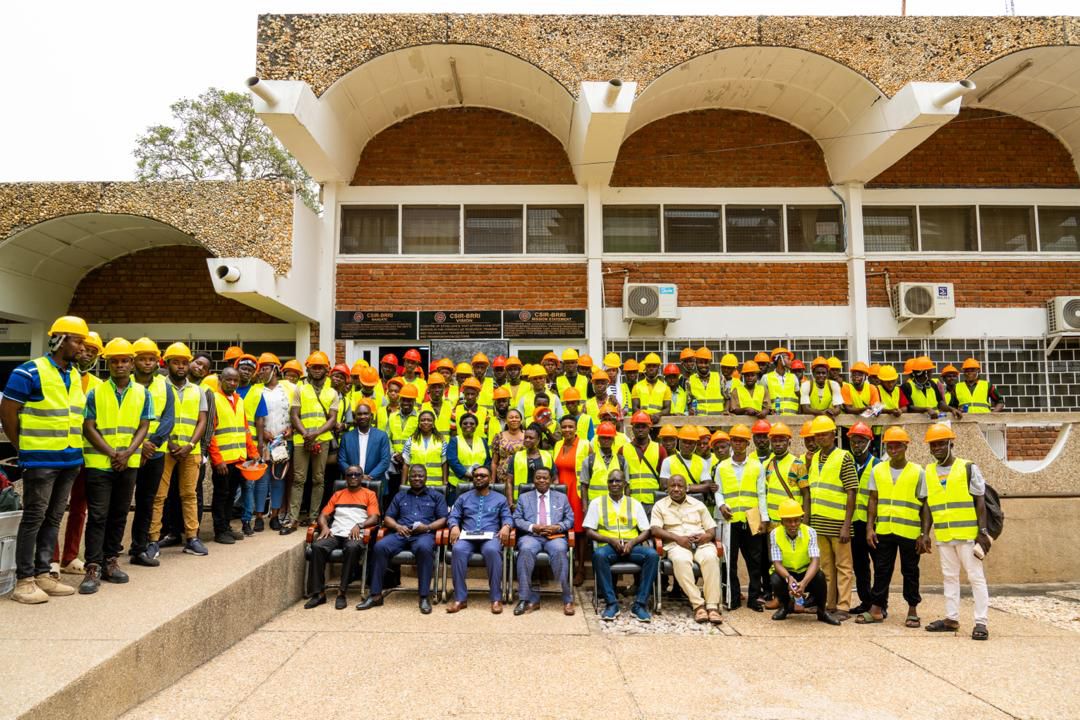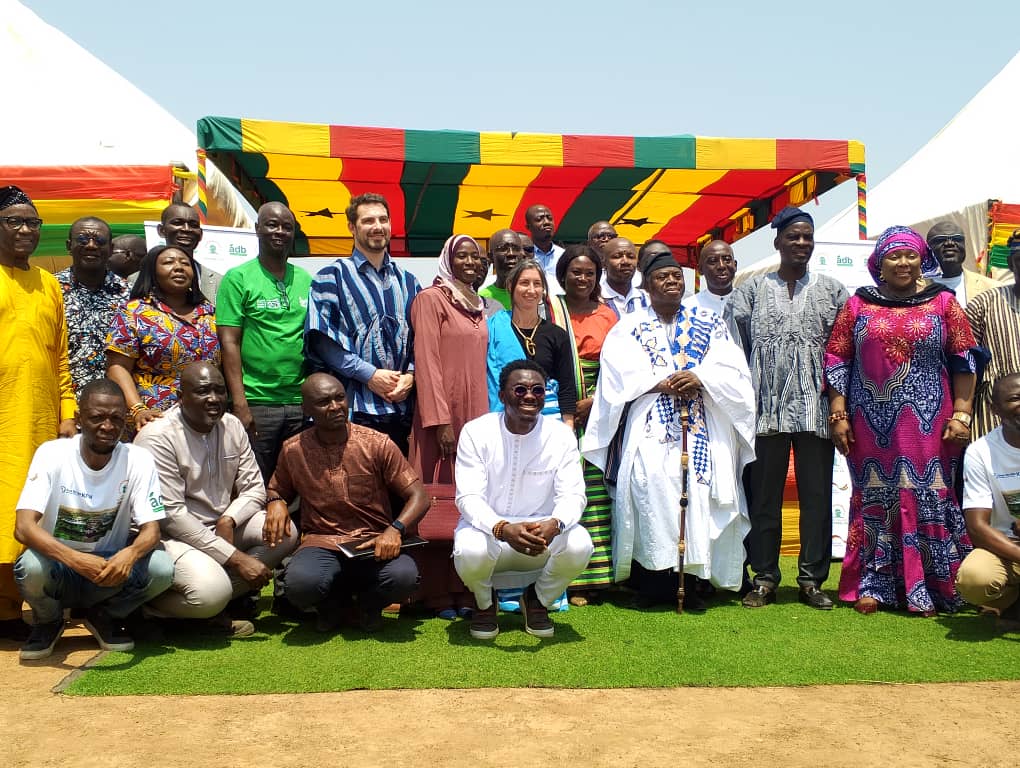
The AGI Construction Sector and GIZ have recognised the need to deepen stakeholder engagements among practitioners, academia, and the regulatory bodies to grow the construction sector.
The two institutions also stressed the need to develop and certify the skills and capacity of artisans through a mentoring scheme.
Both of them agreed that currently, there is some consensus in industry that there is a mismatch between the training provided by the formal academic institutions and what industry needs.
These revelations were made following a meeting held in Accra between the Chair of the AGI Construction Sector, Rockson Dogbegah and the Head of Technical and Vocational Education and Training (TVET) at GIZ, Tobias Muhler, on linking artisans to formal training and technology.
Mr. Rockson Dogbegah said the Construction Industry Development Forum, Ghana (CIDF-GH) was an organised platform of stakeholders belonging to the public and private sectors as well as the non-governmental community.
He said CIDF-GH was identified as an organisation that could be transformed into a sector skills council for the construction sector.
Mr. Muhler for his part was impressed by the progress made by the AGI Construction Sector in mobilising stakeholders in the construction industry to deal with its constraints.
He identified the lack of progression for Master artisans as problematic because it was a disincentive to further skills development.
He further intimated the importance in creating an apprenticeship system that enabled further academic and professional development of artisans and expressed the interest of GIZ in this area of development support.
To work effectively as artisans in the informal sector, it was agreed by both parties that youngsters require a scope of knowledge and skills.
The EFA Global Monitoring Report (UNESCO, 2012) on youth skills development expresses that traditional apprenticeships are an imperative method for procuring transferable and job-specific skills.
A broad audit of the literature of Ghana uncovers that the nation has long history of traditional apprenticeship and that this type of skills training reaches more youth than the formal specialized and professional training.
However, continuous skills development is regularly ignored in the informal sector.
All through sub-Saharan Africa, traditional apprenticeships between a Master Artisan and a trainee are a typical and central medium for skills advancement.
In attendance was the Executive Secretary of the AGI Construction Sector, Kenneth Donkor-Hyiaman and the Senior Policy Advisor for TVET at the GIZ, Dr. Joseph AbaikuApprey.
Read Full Story





















Facebook
Twitter
Pinterest
Instagram
Google+
YouTube
LinkedIn
RSS